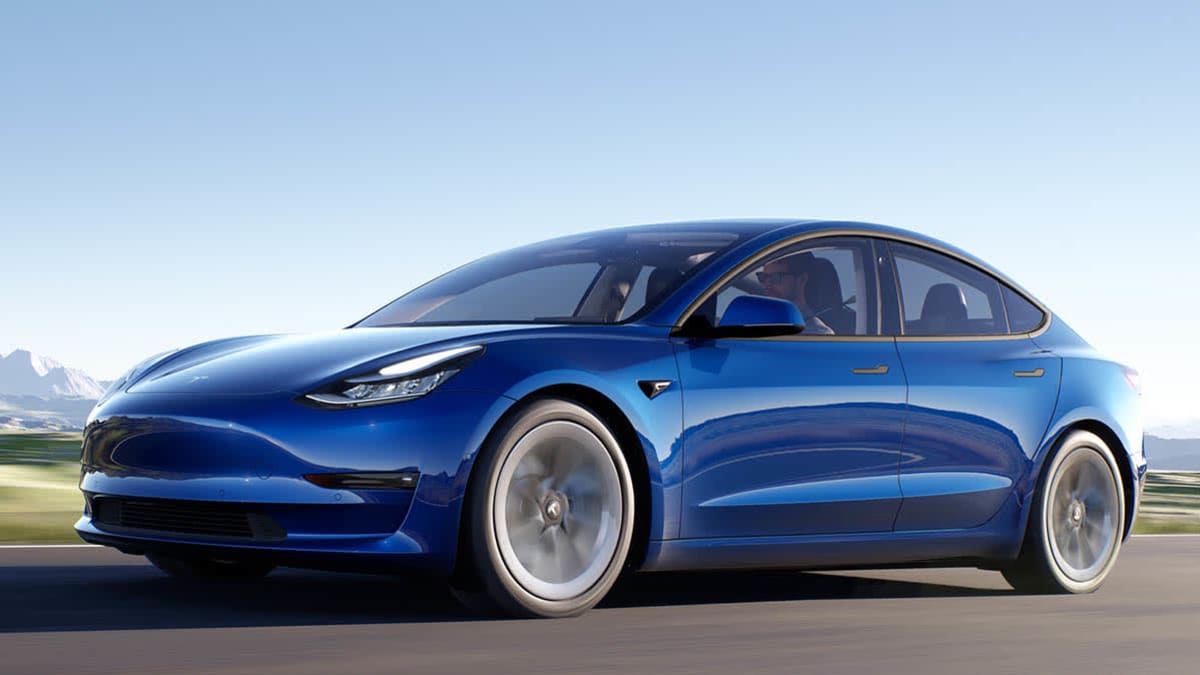What exactly is the power equipment? Body integrity? What part of the body are they talking about? What body hardware are they talking about? Are they talking about the structural integrity? Should I pass up this vehicle because a body panel might be out of alignment, an issue that's usually an easy fix?
The Mach-E has had recalls for the glass roof and windshield. They've had and continue to have thermal issues. They continue to have software problems that can disable the cars on the freeway. And of course PAAK. And these issues are not reflected in the data. They mention 'in car electronics', but what exactly are they talking about?
They do define all those terms on their website and in the survey. As far as recalls, they don't count them if that was the only reason for the issue. So I guess my power steering bolts failing on our S (stranding event) would still count even though there was a recall. Those Mach E issues might not be counting if the owner didn't experience a failure. That would apply to Tesla too.
"
How Are the Surveys Conducted?
Consumer Reports’ Survey Research Department conducts multiple Auto Surveys each year asking about reliability as well as satisfaction. For reliability, we ask members to note any problems with their vehicles that occurred in the previous 12 months. They are asked to identify problems that they considered serious (because of cost, failure, safety, or downtime). We ask them to include problems covered by warranty, but not the ones resulting from accident damage or due solely to recall. Respondents check off problems from a list of trouble areas, ranging from the engine and transmission to climate system, brakes, electrical system, and power accessories. They also tell us in writing (verbatim) specifically what their experiences were to help us understand precisely what problems they are having. (See the full list of trouble spots below.)
What Do the Trouble Areas Cover?
Our Reliability History charts cover problems in any of 17 trouble areas. Here’s a look at what’s covered in each of those areas, listed in order of mechanical and more serious problems first:
ENGINE (or ELECTRIC MOTOR), MAJOR: Engine or electric motor rebuild or replacement, cylinder head, head gasket, turbocharger or supercharger, timing chain or belt.
ENGINE (or ELECTRIC MOTOR), MINOR: Accessory belts and pulleys, engine computer, engine mounts, engine knock or ping, electric motor malfunction, fuel leaks, oil leaks.
ENGINE COOLING: Radiator, cooling fan, water pump, thermostat, antifreeze leaks, overheating.
TRANSMISSION, MAJOR: Transmission rebuild or replacement, torque converter, premature clutch replacement.
TRANSMISSION, MINOR: Gear selector and linkage, transmission computer, transmission sensor or solenoid, clutch adjustment, rough shifting, slipping transmission, leaks.
DRIVE SYSTEM: Driveshaft or axle, CV joint, differential, transfer case, four-wheel-drive/all-wheel-drive components, driveline vibration, electrical failure, traction control, electronic stability control.
FUEL SYSTEM/EMISSIONS: Sensors (O₂, or oxygen, sensor), emission-control devices (includes EGR), fuel-injection system, fuel gauge/sender, fuel pump, problems filling up the tank.
ELECTRICAL (or CHARGING) SYSTEM: Alternator, starter, hybrid/electric battery replacement, hybrid/electric battery related systems, regular battery, battery cables, engine harness, coil, ignition switch, electronic ignition, spark plugs and wires failure, auto stop/start, electric vehicle charging.
CLIMATE SYSTEM: AC compressor, blower (fan) motor, condenser, evaporator, heater system, automatic climate system, electrical failure, refrigerant leakage.
SUSPENSION/STEERING: Shocks or struts, ball joints, tie rods, wheel bearings, alignment, steering linkage (includes rack and pinion), power steering (pumps and hoses, leaks), wheel balance, springs or torsion bars, bushings, electronic or air suspension.
BRAKES: Antilock system, parking brake, master cylinder, calipers, rotors, pulsation or vibration, squeaking, brake failure, premature wear, regenerative braking.
EXHAUST: Muffler, pipes, catalytic converter, exhaust manifold, heat shields, leaks.
PAINT/TRIM: Paint (fading, chalking, peeling, or cracking), loose interior or exterior trim or moldings, rust.
BODY INTEGRITY (Noises/leaks): Squeaks, rattles, wind noises, seals and/or weather stripping, air and water leaks.
BODY HARDWARE: Windows, locks and latches, doors or sliding doors, tailgate, trunk or hatch, mirrors, seat controls (power or manual), seat belts, sunroof, convertible top, glass defect.
POWER EQUIPMENT AND ACCESSORIES: Cruise control, clock, warning lights, body control module, keyless entry, wiper motor or washer, tire pressure monitor, interior or exterior lights, horn, gauges, 12V power plug, USB port, alarm or security system, remote engine start, heated or cooled seats, heated steering wheel, headlights, automatic headlights.
IN-CAR ELECTRONICS: CD player, rear entertainment system (rear screen or DVD player), radio, speakers, in-dash GPS, display screen freezes or goes blank, phone pairing (e.g., Bluetooth), voice control commands, steering wheel controls, portable music device interface (e.g., iPod/MP3 player), backup or other camera/sensors, Android Auto/Apple CarPlay, infotainment hardware replacement and software over-the-air fixes.
Are All Problems Considered Equally Serious?
Engine major, engine cooling, transmission major, and drive system problems are more likely to take a car out of service and to be more expensive to repair than the other problem areas. Consequently, we weight these areas more heavily in our calculations of model year overall reliability verdict. Problems such as broken trim and in-car electronics have a much smaller weight. Problems in any area can be an expense and a bother, though, so we report them all in the reliability history charts.




